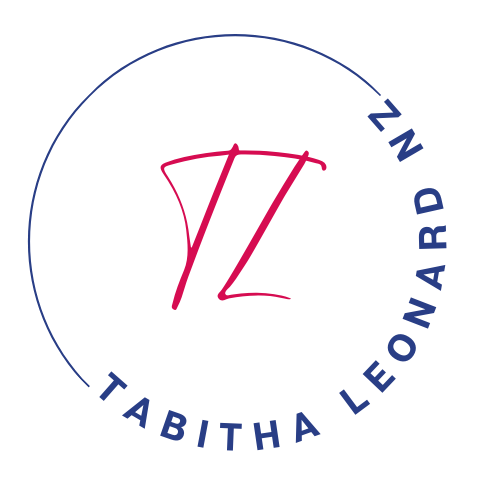Redefining Conversations by Ditching "But" for "And"
Communication is the bedrock of human interaction, a delicate dance of words, emotions, and nuances that shape our connections with others. Within this intricate tapestry, acknowledgement plays a pivotal role. It validates, empathizes, and demonstrates an understanding of another person's thoughts or actions. Yet, nestled within this powerful tool lies a subtle linguistic stumbling block—the innocuous "BUT."
Acknowledgement followed by "but" can unexpectedly strip away the impact of recognition, leaving conversations lopsided and disconnecting. Picture this: "I admire your dedication, but..."—and just like that, the acknowledgement loses its lustre, overshadowed by what comes next.
Consider the scenario where a commendation is quickly followed by a contrasting viewpoint. "You've made significant progress, but there's still work to be done." In an attempt to blend positivity with constructive criticism, the "but" inadvertently waters down the acknowledgement, leaving the recipient fixated on the remaining shortcomings rather than celebrating the achievements.
The same holds true in various settings, whether professional or personal. "Your presentation was well-researched, but the delivery lacked enthusiasm." The "but" introduces a jarring pivot, emphasizing the negative aspect, causing the positive acknowledgement to fade into the background.
This linguistic manoeuvre, although subtle, carries weight. It alters the conversation's trajectory, shifting the focus from acknowledgement to contradiction, potentially leaving the other party feeling invalidated or dismissed.
BUT/AND
But what if we changed this script? What if we replaced "but" with "and"?
"I appreciate your dedication and see areas where we can enhance further."
By substituting "but" with "and," the acknowledgement retains its value, allowing for a seamless transition to discussing areas for improvement without devaluing the initial recognition.
Similarly,
"Your input is valuable, and I believe we can refine it further."
This simple shift in language creates a collaborative atmosphere, fostering an open exchange of ideas without diminishing the significance of the acknowledgement.
The replacement of "but" with "and" is not merely a linguistic adjustment; it's a conscious shift in approach. It's about preserving acknowledgement while seamlessly integrating additional thoughts or areas for improvement.
Reflection
Reflect on past conversations where "but" might have inadvertently dampened acknowledgement. Envision how substituting it with "and" could have altered the conversation's dynamics, fostering collaboration and inclusivity. Consider the steps you can take to embrace this change in your future conversations consciously.
Practice.
Start by paying attention to your speech patterns, consciously replacing "but" with "and" in conversations. Notice the subtle yet significant impact this simple swap can have on the flow of dialogue, encouraging a more cooperative and understanding exchange.
In conclusion, acknowledgement is a powerful tool that, when complemented by the right language, can elevate conversations, strengthen relationships, and cultivate a more inclusive environment. By consciously choosing "and" over "but," we can reshape our conversations, fostering unity, mutual understanding, and a more enriching dialogue.
FREE GUIDE
Six Steps To Increasing Influence in Conversations
In this complimentary guide, discover the transformative power of empathetic communication. Gain insights into 6 essential strategies that will revolutionize your interactions, deepen your connections, and enhance your influence in both personal and professional spheres.


